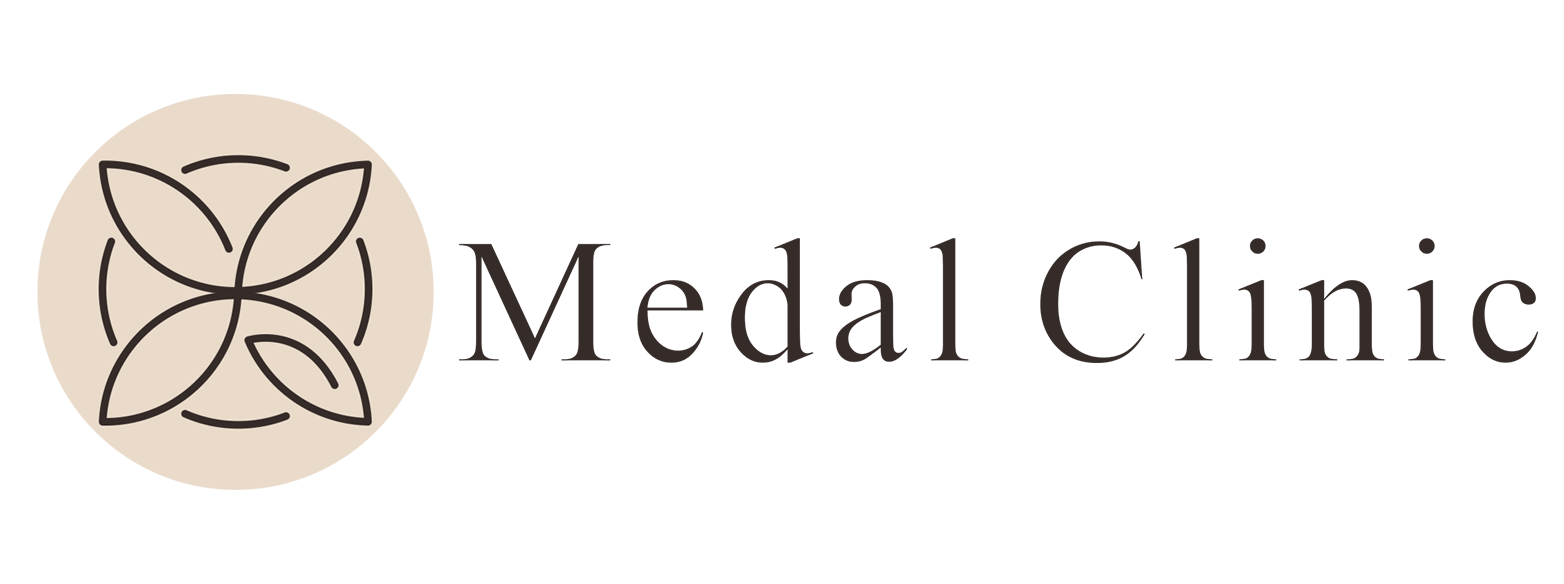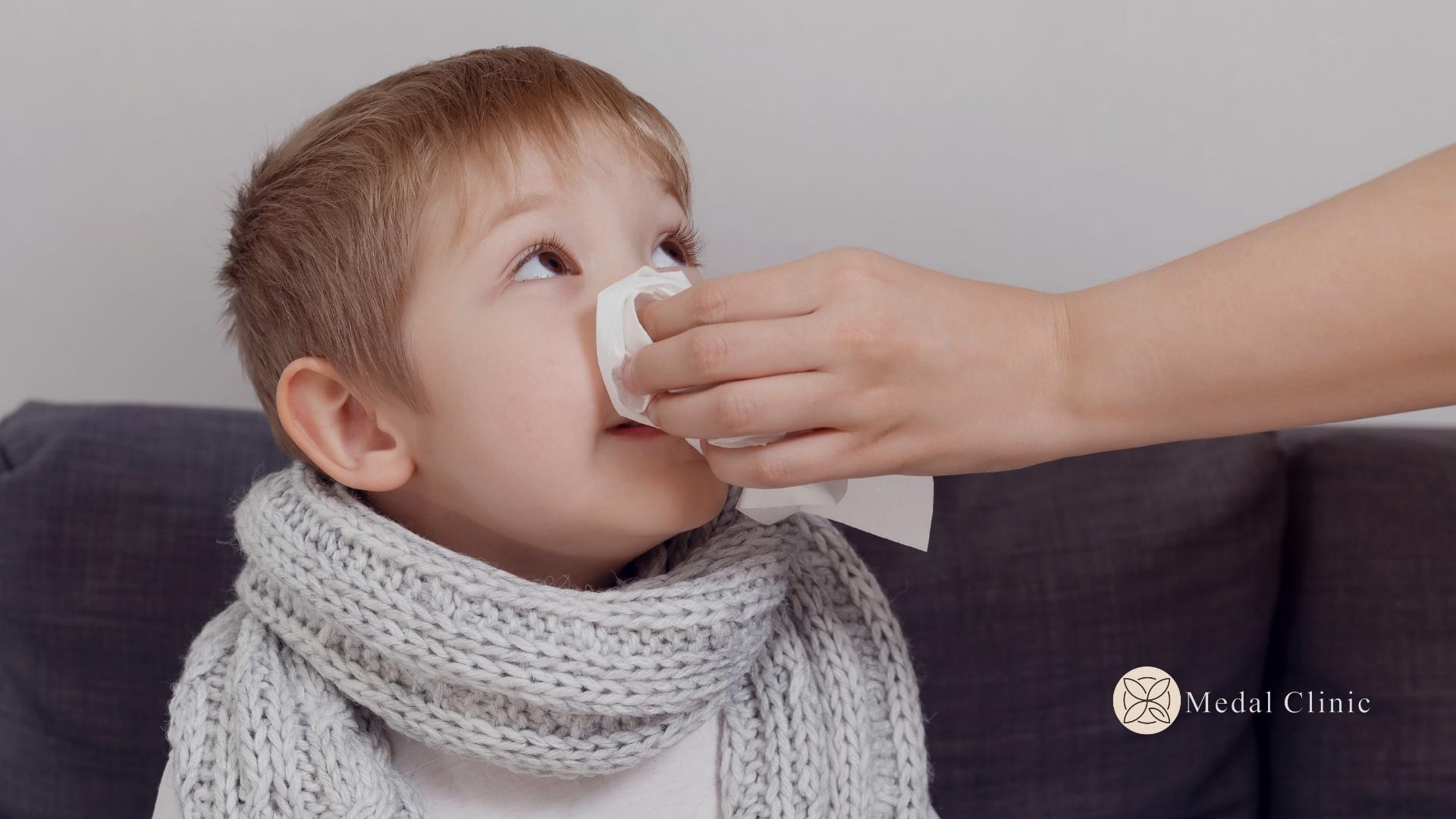Understanding Allergic Reactions in Children: Exploring Non-Drug Treatment Methods
As a parent, nothing is more distressing than witnessing your child suffer from allergic reactions. Allergies are on the rise, affecting millions of children worldwide. While medications play a vital role in managing allergies, there’s a growing interest in non-drug treatment methods that can provide relief and reduce the need for medication. In this blog post, we’ll delve into allergic reactions in children and explore effective non-drug treatment methods.
Understanding Allergic Reactions:
Allergies occur when the immune system overreacts to substances that are typically harmless. Common allergens include pollen, dust mites, pet dander, certain foods, and insect stings. When exposed to these allergens, a child’s immune system releases chemicals like histamines, triggering a range of symptoms such as itching, sneezing, runny nose, hives, and even severe reactions like anaphylaxis in extreme cases.
Non-Drug Treatment Methods:
Allergen Avoidance: Prevention is key. Identify the specific allergens that trigger your child’s reactions and take steps to minimize exposure. For instance, if pollen is a trigger, keep windows closed during high pollen seasons and ensure your child showers after playing outdoors.
Dietary Changes: If your child has food allergies, working with a pediatric allergist and a registered dietitian can help you develop a safe and nutritious diet plan. It’s important to carefully read labels and educate your child about foods they should avoid.
Air Filtration: High-efficiency particulate air (HEPA) filters can help remove allergens like dust mites, pet dander, and pollen from the air, creating a healthier indoor environment for your child.
Nasal Irrigation: Saline nasal rinses can help flush out allergens and thin mucus, providing relief from congestion and reducing the need for nasal decongestants.
Allergy-Proofing the Home: Implement measures to reduce allergen exposure at home. Regularly clean carpets, bedding, and stuffed animals, and consider using allergen-proof covers for pillows and mattresses.
Probiotics: Some studies suggest that probiotics might help modulate the immune response and reduce the severity of allergic reactions in children. Consult your pediatrician before introducing probiotics to your child’s routine.
Mind-Body Techniques: Techniques like deep breathing, meditation, and yoga can help manage stress and potentially influence the body’s allergic response.
Acupuncture: Some families explore acupuncture as a complementary therapy for allergic reactions. While research is ongoing, some studies suggest it might help alleviate symptoms for certain individuals.
Consulting a Healthcare Professional:
While non-drug treatment methods can be effective, it’s crucial to consult your child’s pediatrician or an allergist before making any significant changes to their allergy management plan. They can provide personalized guidance based on your child’s specific allergies and medical history. Contact Us Now!
In Conclusion:
Non-drug treatment methods offer promising avenues for managing allergic reactions in children. By combining allergen avoidance strategies, lifestyle changes, and complementary therapies, parents can help their children find relief and reduce their reliance on medications. However, remember that each child’s allergies are unique, so it’s essential to work closely with healthcare professionals to create a comprehensive and safe allergy management plan.
FAQ's
What are common triggers of allergic reactions in children?
Common triggers include pollen, dust mites, pet dander, certain foods (such as nuts, dairy, and eggs), insect stings, and mold.
How can I identify if my child is experiencing an allergic reaction?
Look for symptoms like itching, sneezing, runny nose, watery eyes, hives, coughing, wheezing, and in severe cases, difficulty breathing or anaphylaxis.
Can allergies be managed without medication?
Yes, there are non-drug treatment methods available. These include allergen avoidance, dietary changes, air filtration, nasal irrigation, allergy-proofing the home, probiotics, mind-body techniques, and acupuncture.
How can I prevent allergen exposure at home?
Regularly clean carpets, bedding, and stuffed animals. Use allergen-proof covers for pillows and mattresses. Consider using high-efficiency particulate air (HEPA) filters and keep windows closed during high pollen seasons.
Are there certain foods that can help alleviate allergic reactions?
While no specific foods can “cure” allergies, a well-balanced and nutritious diet rich in antioxidants and omega-3 fatty acids might help support the immune system and overall health.
Can probiotics really help with allergies?
Some studies suggest that probiotics might help modulate the immune response and reduce the severity of allergic reactions in certain individuals. Consult a healthcare professional before introducing probiotics.




